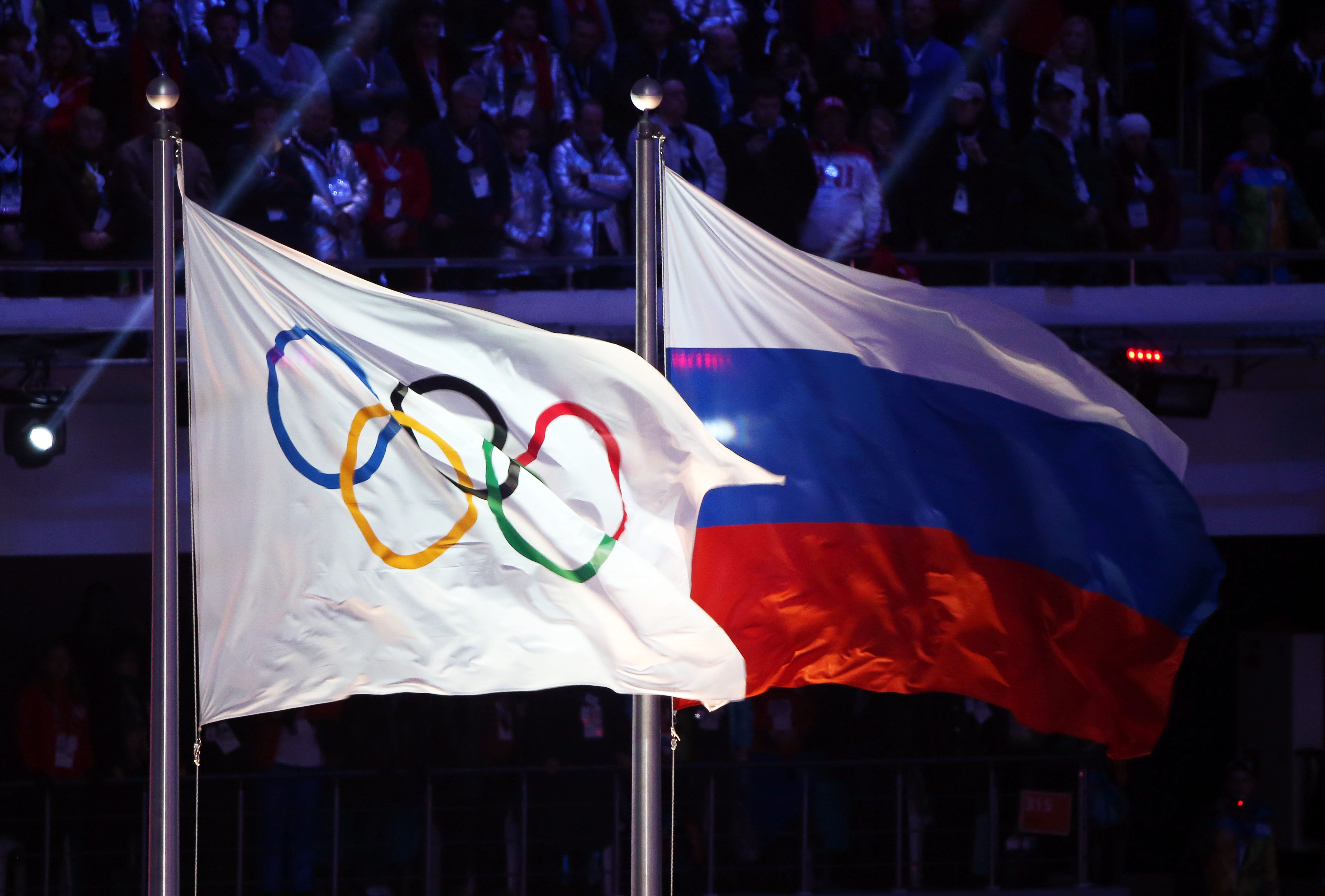With the International Association of Athletics Federations set to decide Friday whether Russia’s track and field athletes can compete in the Rio Olympics, here’s a look at how one of the biggest doping scandals in sports history got to this point and where it might go from here:
What’s being decided: The IAAF provisionally suspended the All Russian Athletics Federation (ARAF) in November, banning its track and field athletes from international competition after a report from a World Anti-Doping Agency independent commission concluded Russia was running a state-sponsored doping program in the sport. The IAAF already extended the ban once, in March, when its inspection team reported that Russia had not made adequate progress on reforming its anti-doping efforts. It could extend the ban, effectively preventing Russia’s track and field athletes from competing in Rio, or lift it to pave the way for their return to the Games.
What else is being decided: The IAAF is also set to consider the case of Yuliya Stepanova, a Russian runner turned whistleblower. Stepanova and her husband, Vitaly Stepanov, a former Russian Anti-Doping Agency (RUSADA) employee, provided secretly recorded audio and video, text messages and emails that served as the foundation of the independent commission’s report.
After a two-year ban for abnormalities in her athlete biological passport, which the IAAF said was consistent with the use of prohibited substance and blood manipulation, Stepanova returned to competition in early 2015. But she was effectively banned by the IAAF when it suspended the Russian federation in November. Stepanova, who is now living in the United States and cannot return to Russia for fear of her safety, has asked the IAAF to allow her to compete and is seeking an exception to run in Rio, perhaps under the International Olympic Committee flag.
What do we know about the doping: The WADA independent commission report found doping to be widespread in athletics and that the corruption spread to the RUSADA as well as the IAAF itself. Positive doping tests were covered up, both by RUSADA and the Moscow lab. WADA declared both non-compliant. IAAF president Lamine Diack was among several top officials in the federation found to have taken bribes to cover up positive Russian tests. He and others were ousted from the federation.
Why it matters: While several other doping cases have been high profile (see: Armstrong, Lance), none in the 16-year history of WADA has come close to the breadth of what’s been shown in Russia. The closest known comparison is a state-run doping program by East Germany, which led to great success in the 1970s and 1980s but was not uncovered until after the fall of the Berlin Wall in 1989.
How is Russia changing: This will be a key question for the IAAF and the International Olympic Committee, but early signs point to not much or at least not quickly. A WADA report released on Wednesday detailed the ways the country's athletes, as recently as last month, are still obstructing and avoiding drug testing. UK Anti-Doping has been contracted to do the testing since mid-February, but the agency has only been able to conduct 455 tests while 736 tests were declined or canceled. Doping control officers have seen athletes avoid them or pull out of competition to avoid testing. Officers also have been prevented from testing athletes training in military cities.
What about the rest of Russia: The country has faced further doping allegations about the Sochi Olympics. Dr. Grigory Rodchenkov, the former director of the Moscow lab, told the New York Times last month that he not only helped Russian athletes dope during the Games, but that he – with the help of a man he believed to be from the Russian security service – swapped out urine from athletes, who would test positive at the Sochi lab. WADA responded to those allegations by opening an investigation, which is expected to be completed by July 15.
What comes next: If the IAAF extends the ban, expect Russian athletes to petition to compete in the Games. Pole vaulter Yelena Isinbayeva, a two-time Olympic gold medalists, has contended such a ban is unfair to clean athletes in Russia and has vowed to file a discrimination case in the court for human rights.
The IOC is set to hold a summit on Tuesday to discuss “the difficult decision between collective responsibility and individual justice.” A ban of the whole country could be on the table, but IOC president Thomas Bach has said he would not speculate about that happening.
What’s at stake: If the IAAF allows Russia back into international competition, expect the outcry to be loud and negative. Athletes and anti-doping officials have been calling for meaningful sanctions for months . Anything less than that — especially in light of WADA’s report about Russia’s unchanging ways — will be seen as a betrayal of clean athletes worldwide. With confidence in WADA already shaken by its slow response to doping allegations — Stepanov first came to the agency in 2010 but it did not investigate until 2015 — an already wavering faith in the anti-doping effort would take a bigger hit.


